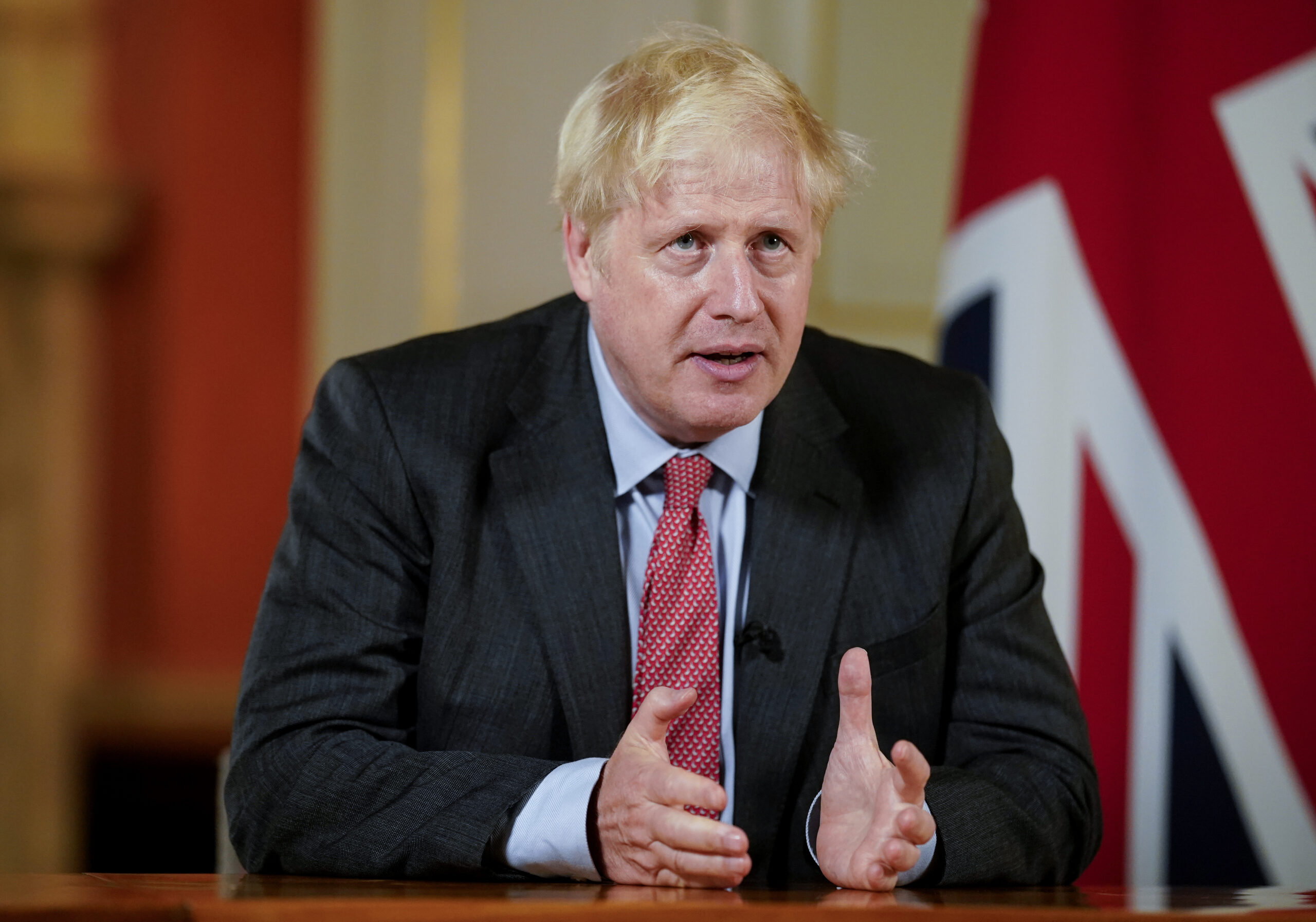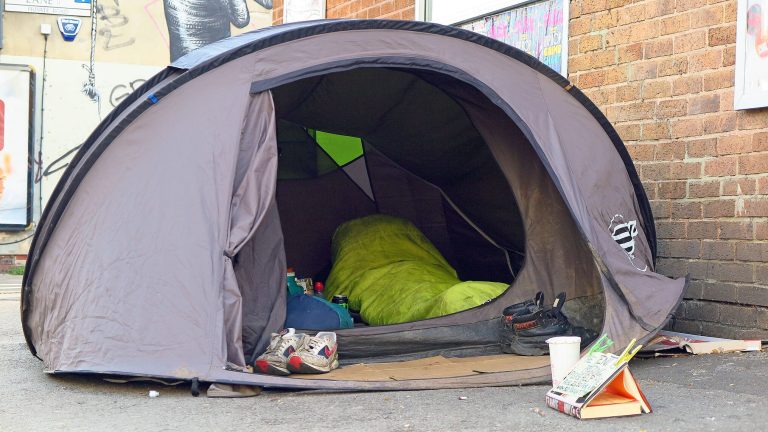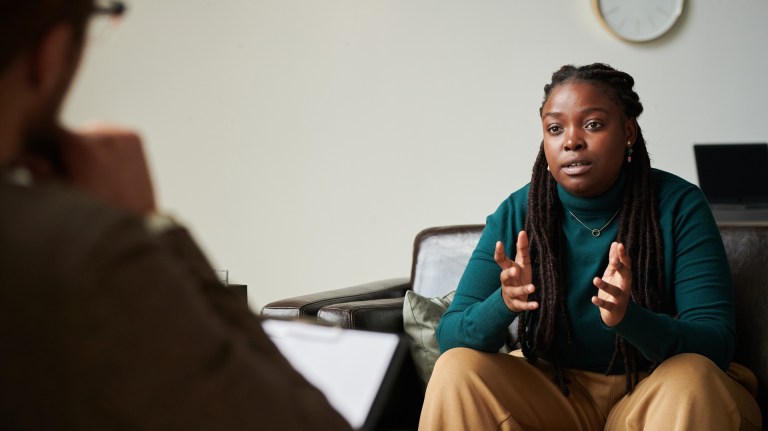In early February this year we heard of a new virus stalking the globe. First China, then Iran, then Tenerife, then Italy. As it loomed on the horizon, like an oncoming tsunami, the shape and size of the swell became clearer: a respiratory virus, with particularly deadly consequences for the elderly and those with certain high-risk conditions.
As a doctor on safari around some of London’s busiest hospitals at the time, I was deeply concerned for the safety of the most vulnerable patients, calling for early measures to protect them. And now, as the UK faces stricter measures to protect lives, the NHS and the economy, it is those who are physically and financially most vulnerable who will suffer again.
On a personal level I wanted to reduce the spread of the virus as much as possible back in March and protect my own family. My dad is on that list of people at risk. So is my brother-in-law. Eventually, “shielding” guidance and crucial financial and practical support came in for the extremely vulnerable. It lasted until cases had fallen to around six to seven hundred a day on August 1st.
The transition out of shielding wasn’t easy for many. In my capacity as chairman of healthcare workers’ charity HEROES we heard first-hand the difficulties for key workers on that list, particularly in getting back to work safely.
Cases are now six times higher than August 1, reaching a peak of 4,200 in terms of the official case numbers. However, with the collapse of test and trace, we can’t know the numbers in the community, and the King’s College symptom tracker estimates it to be many times higher than that.
The lack of guidance for these most vulnerable members of our society at this time is shameful
Given the nature of the virus, with a lag-period of two weeks before any intervention has a meaningful effect, the time for action to curb the rise was, ideally, two weeks ago, when the number of new daily cases returned to the same levels the country saw in May.










